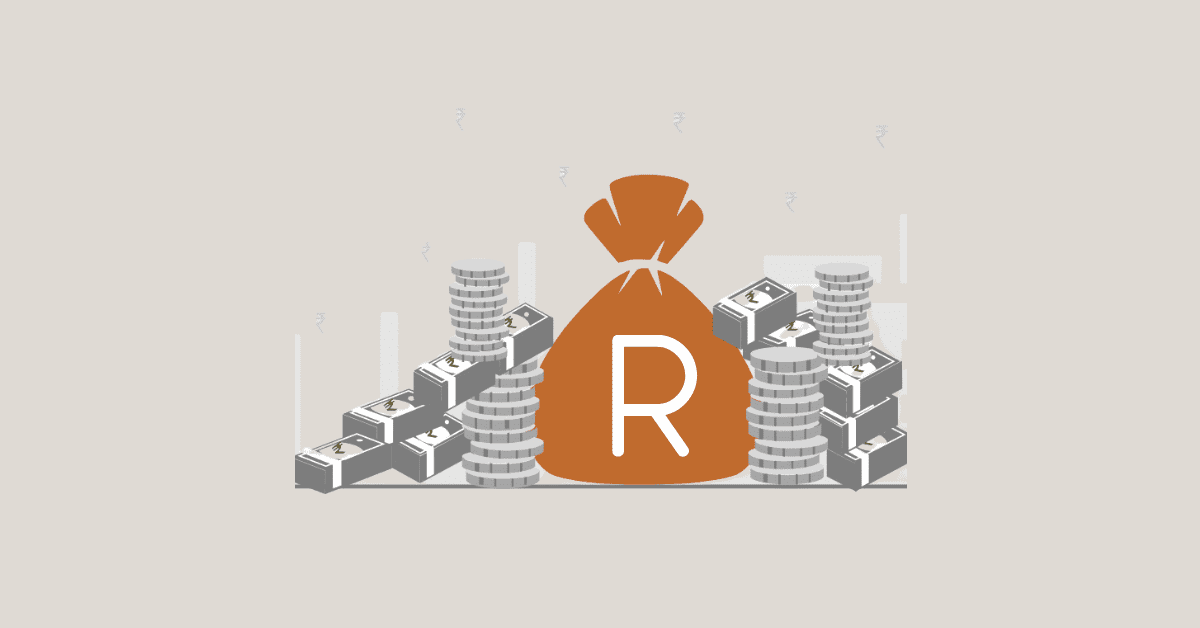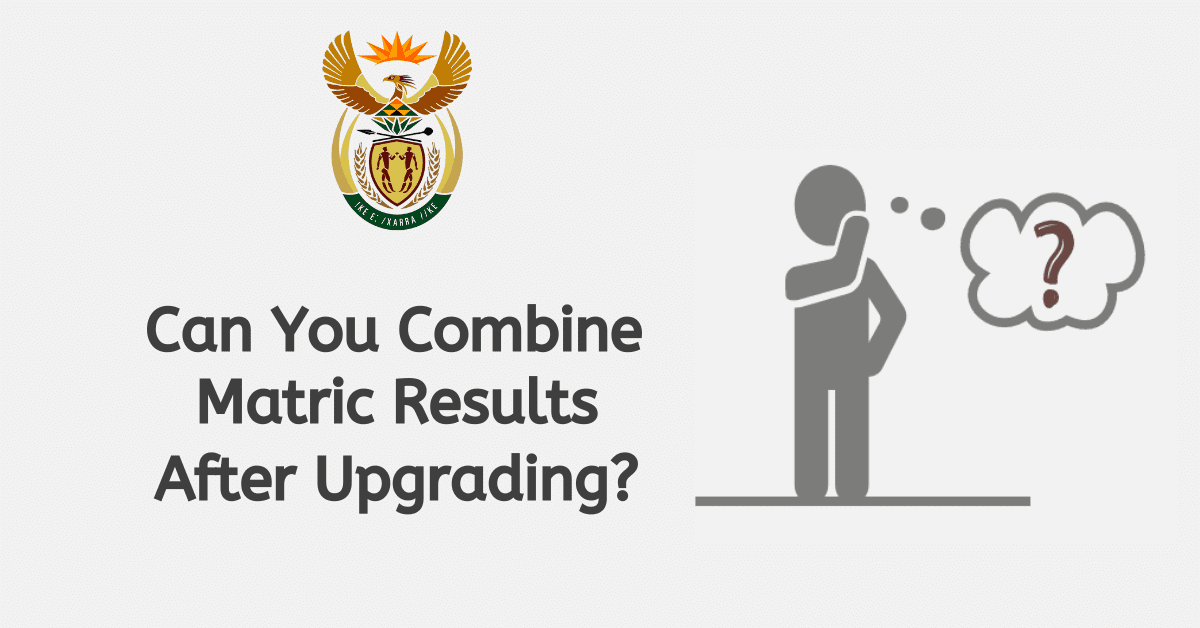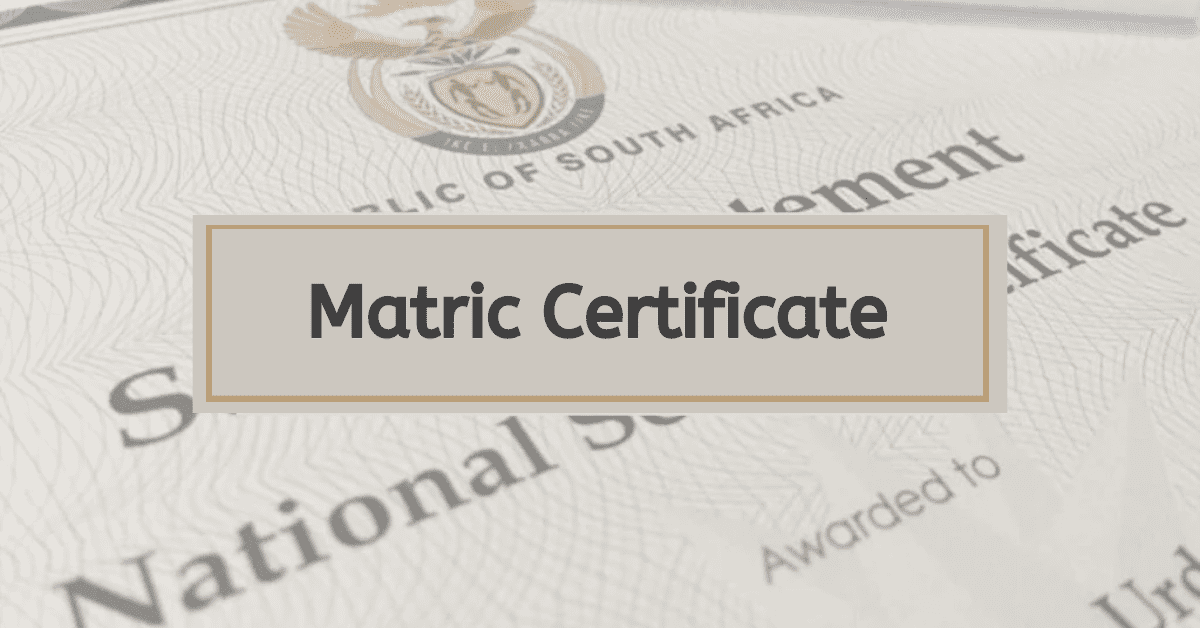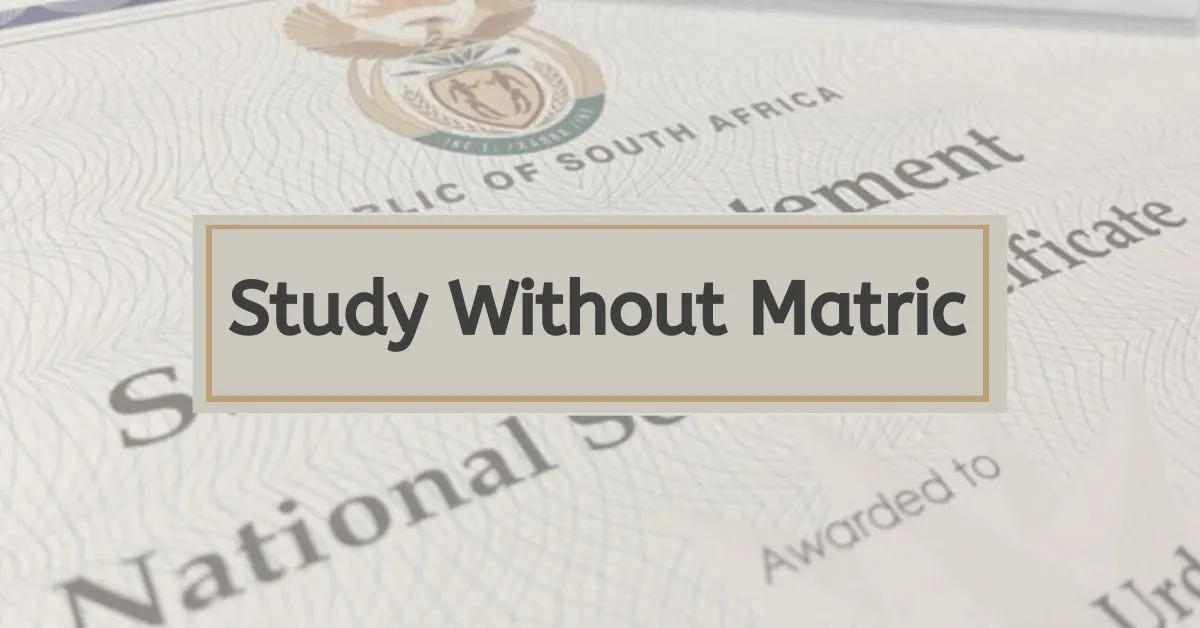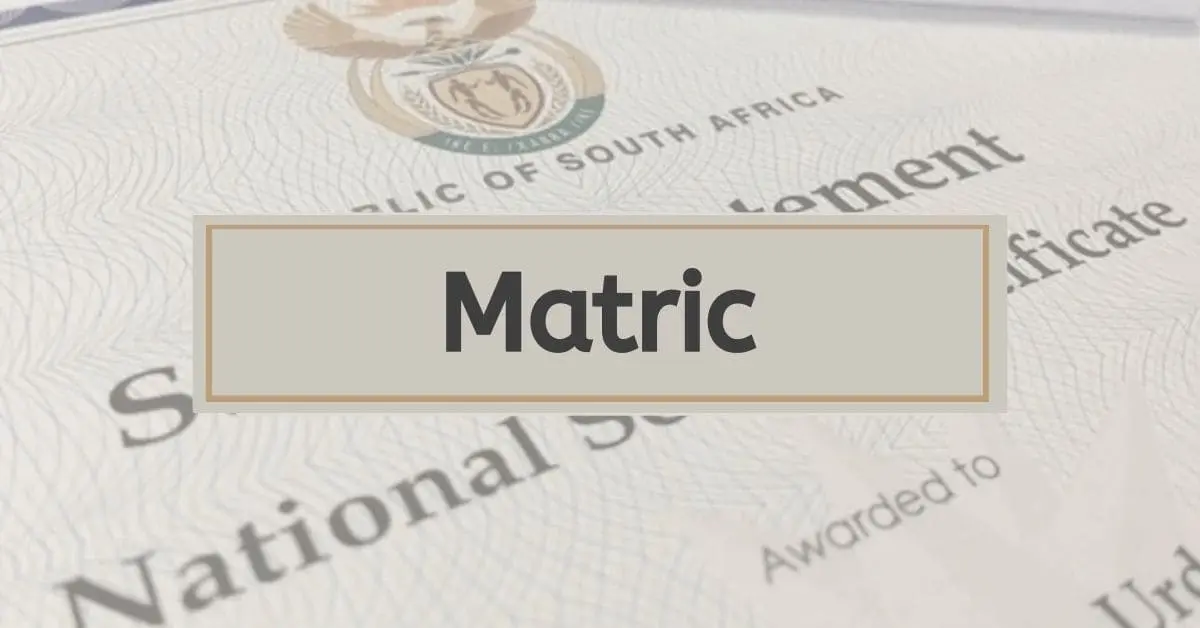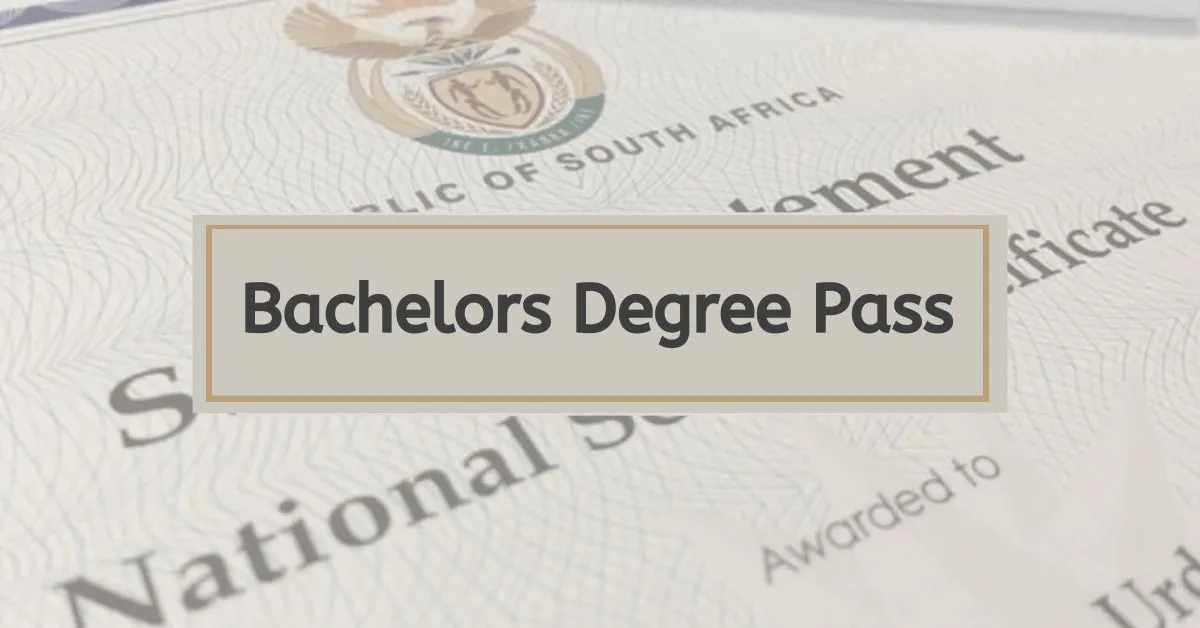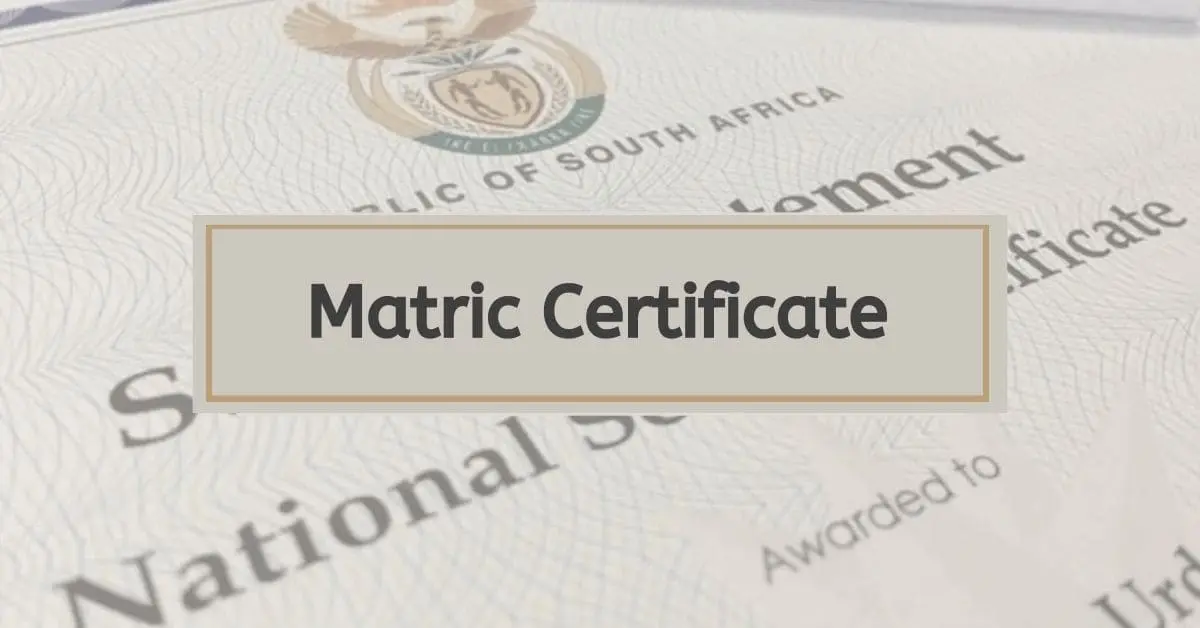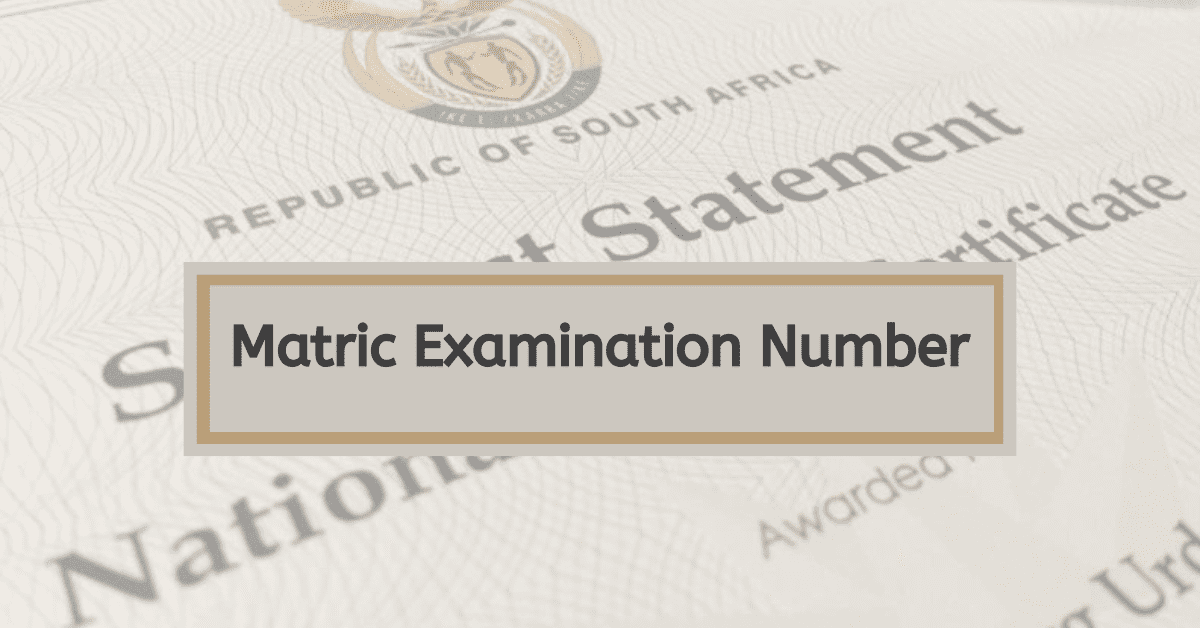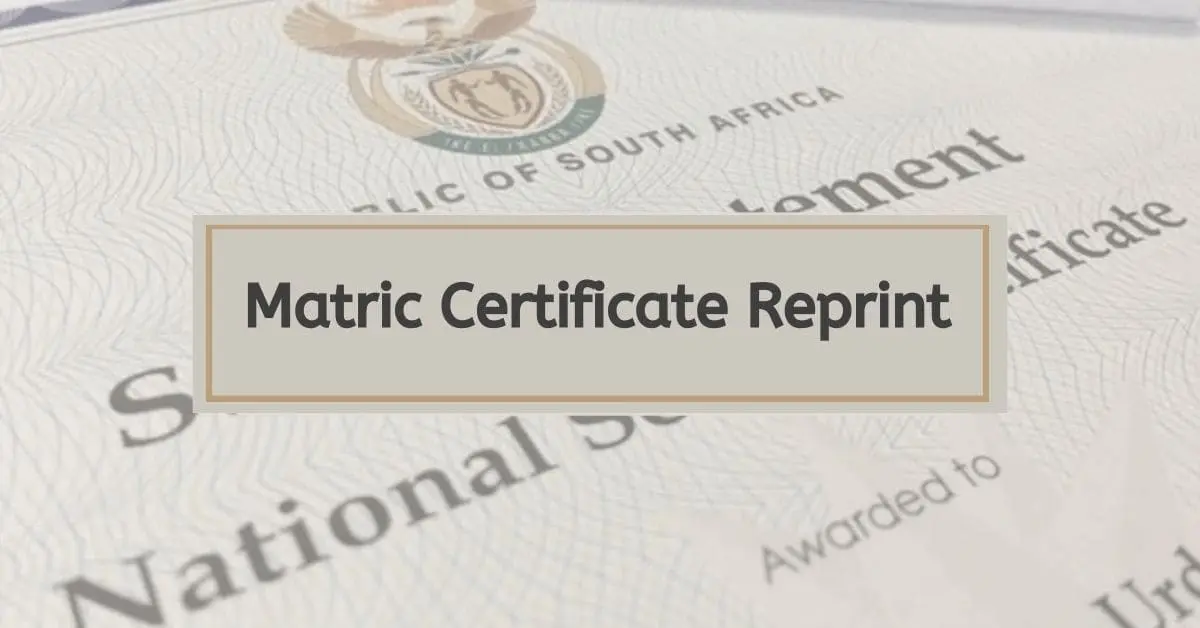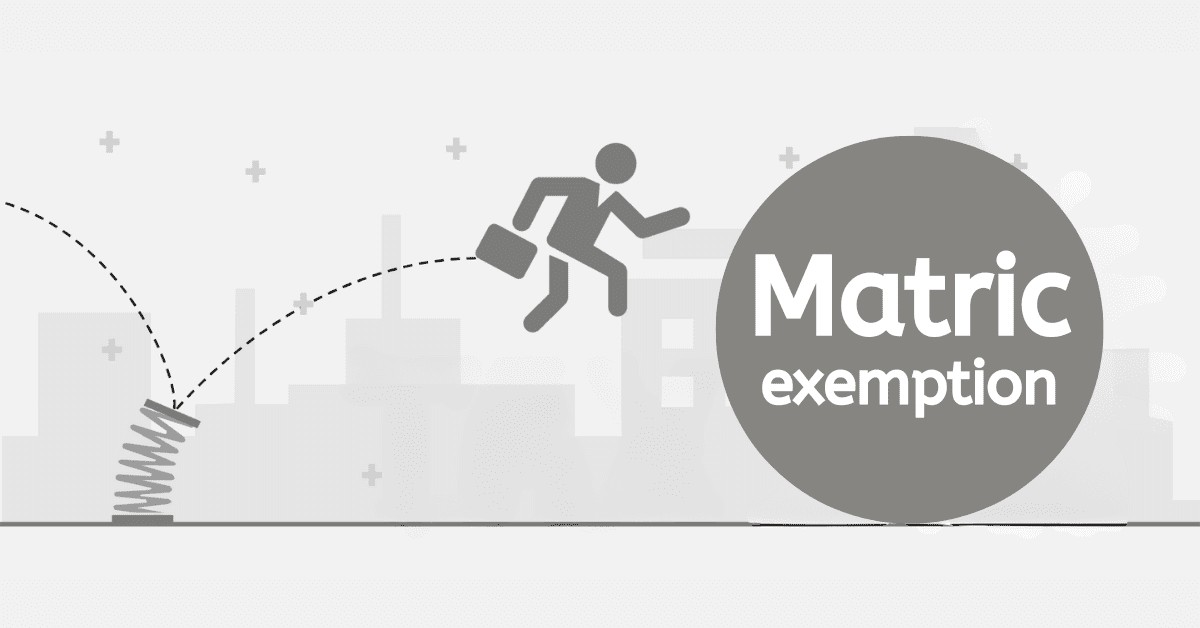If you want to study a specific degree program at any higher learning institution or university, then you must have a bachelor’s pass in your matric. To get this pass, there are certain things you should know before sitting for your matric exams. Read on to learn everything you want to know about a matric bachelor’s pass level.
What Are the Requirements for a Matric Bachelors Pass?
A matric bachelor’s pass is more than an ordinary pass since candidates are expected to obtain certain scores in different subjects. For example, to be conferred a bachelor’s pass, you need to obtain the following passes.
- 40% in your home language
- 50 % in the other four high credit subjects apart from Life Orientation
- 30% in two other subjects
Candidates are expected to pass six of the seven subjects they write exams in. Compulsory subjects include Home Language, First Additional Language, Maths or Maths Lit, Afrikaans or English as one of your languages, and Life orientation. On the other hand, you need any three high-credit subjects which include the following:
- Business Studies
- Accounting
- Geography
- Economics
- History
- Physical Sciences
- Consumer Studies
- Tourism
- Life Sciences
- Information and technology
Each tertiary learning institution might have different admission requirements you should know. Sometimes, a bachelor’s pass alone does not give you automatic entrance into a technikon or university.
What Can I Study With a Bachelor’s Pass?
A bachelor’s pass is the highest matric pass level you can obtain, allowing you to study Degree Courses, Diploma Courses, Certificate Courses, and Short Courses. Some of the courses require a specific APS since a bachelor’s pass APS is 23. Students who obtain a bachelor’s pass in their matric can study at university, Technikon University, distance learning colleges, or TVET College.
If you choose to study at university with your bachelor’s pass, there are different courses you can consider. To get a place to study at university, you must fulfil other admission requirements and have a high APS for certain programs. Here are some degree programs you can consider with your bachelor’s pass.
- Bachelor of Science (B.S.)
- Bachelor of Arts (B.A.)
- Bachelor of Education (B.Ed.)
- Bachelor of Fine Arts (BFA)
- Bachelor of Commerce (B.Com.)
- Bachelor of Applied Science (BAS)
- Bachelor of Business (B.B.)
- Bachelor of Architecture (B.Arch)
- Bachelor of Business Administration (B.B.A.)
- Bachelor of Divinity (B.D.)
- Bachelor of Criminal Justice (B.C.J.)
- Bachelor of Computer Science (B.C.S.)
- Bachelor of Journalism (B.J.)
- Bachelor of Engineering (B.E./B.Eng.)
- Bachelor of Electrical Engineering (B.E.E.)
- Bachelor of Civil Engineering (B.C.E.)
- Bachelor of Computer Engineering (B.Comp.E.)
- Bachelor of Biomedical Engineering (B.B.m.E.)
- Bachelor of Mechanical Engineering (B.M.E.)
- Bachelor of Engineering Technology (B.E.T.)
- Bachelor of Software Engineering (B.S.W.E.)
- Bachelor of Systems Engineering (B.S.E.)
- Bachelor of Literature (B.Lit.)
- Bachelor of Liberal Studies (B.L.S.)
- Bachelor of Laws (LL.B.)
- Bachelor of Pharmacy (B.Pharm.)
- Bachelor of Marine Science (B.M.S.)
- Bachelor of Nursing (B.N.)
- Bachelor of Music (B.M.)
- Bachelor of Religious Education (B.R.E.)
- Bachelor of Accountancy (BAcc)
- Bachelor of Philosophy (B.Phil.)
- Bachelor of Social Science (B.SS)
- Bachelor of Theology (B.Th)
Does a Distinction Mean I Have a Bachelor’s Pass?
A distinction in any one of your matric subjects is the highest pass you can obtain. When your subject marks exceed 80%, you are awarded a distinction. Candidates with more distinctions on their certificates have several options when applying for a place to study at a university or college.
A single distinction does not mean you have a bachelor’s pass. However, if you get distinctions in all subjects, you will automatically receive a bachelor’s pass, which is determined by the following passes:
- Obtain 40% in your Home Language subject
- Obtain 50% in four, not including Life Orientation
- Obtain 30% in two other subjects
Candidates can fail one subject. Therefore, if you get one distinction and low marks in other subjects, you may not get a bachelor’s pass if the grades are below the requirement.
How Many Points Are Needed to Get a Bachelor’s Pass?
To get a bachelor’s pass, you need to obtain at least 23 points. If your points are below this score, you can get other passes, including Diploma with 19 points, Higher Certificate with 15 APS points, and a National Senior Certificate pass
Each subject is assigned between 1 and 7 to reflect their points according to the system. To calculate your APS, you can use the following table.
| Percentage | Type of Achievement | Symbol | APS |
| 80 – 100% | Outstanding achievement | A | 7 |
| 70-79% | Meritorious achievement | B | 6 |
| 60-69% | Substantial achievement | C | 5 |
| 50-59% | Adequate achievement | D | 4 |
| 40-49% | Moderate achievement | E | 3 |
| 30- 39% | Elementary achievement | F | 2 |
| 0-29% | Not achieved (Fail) | G | 1 |
To get your matric APS, you must add the APS for each subject. In the case of a bachelor’s pass, you need to get a minimum of 23 points, excluding Life Orientation. A distinction is worth 7 points. Therefore, if you get three or more distinctions and other moderate passes, you qualify to get a bachelor’s pass.
What Are the Types of Certificates You Can Get In Matric?
Apart from the bachelor’s pass, the other types of certificates you can get in Matric include a Diploma pass, Higher Certificate Pass, and Senior Certificate pass. Each certificate determines the type of studies you can pursue at tertiary institutions.
A diploma pass level is the matric pass level which allows you to apply for a diploma course at a university of technology or college. To get this pass, you must obtain the following marks:
- 40% in your home language
- 40% in the other four high-credit subjects
- 30% in two other subjects
On top of these passes, you must have a minimum APS of 19.
The Third matric pass level is the Higher Certificate Pass. This pass allows students to study for Higher Certificate courses at colleges of their choice.
To obtain this pass, you must have the following passes:
- 40% in your home language
- 40% in the other two subjects
- 30% in three other subjects
A higher Certificate Pass must have a minimum APS of 15.
The Senior Certificate Pass is the minimum level required to pass matric, and you can pursue any study that requires matric. You need to get the following passes to achieve this certificate.
- 40% in your home language
- 40% in the other two languages
- 30% in three other subjects
On top of these passes, you must have a minimum APS of 14.
If you want to pursue your studies at university, you must obtain a bachelor’s pass and a minimum APS of 23. However, universities require different points to select the right candidates for specific programs. You need to know how to calculate your APS to determine the course you can pursue in your career.
